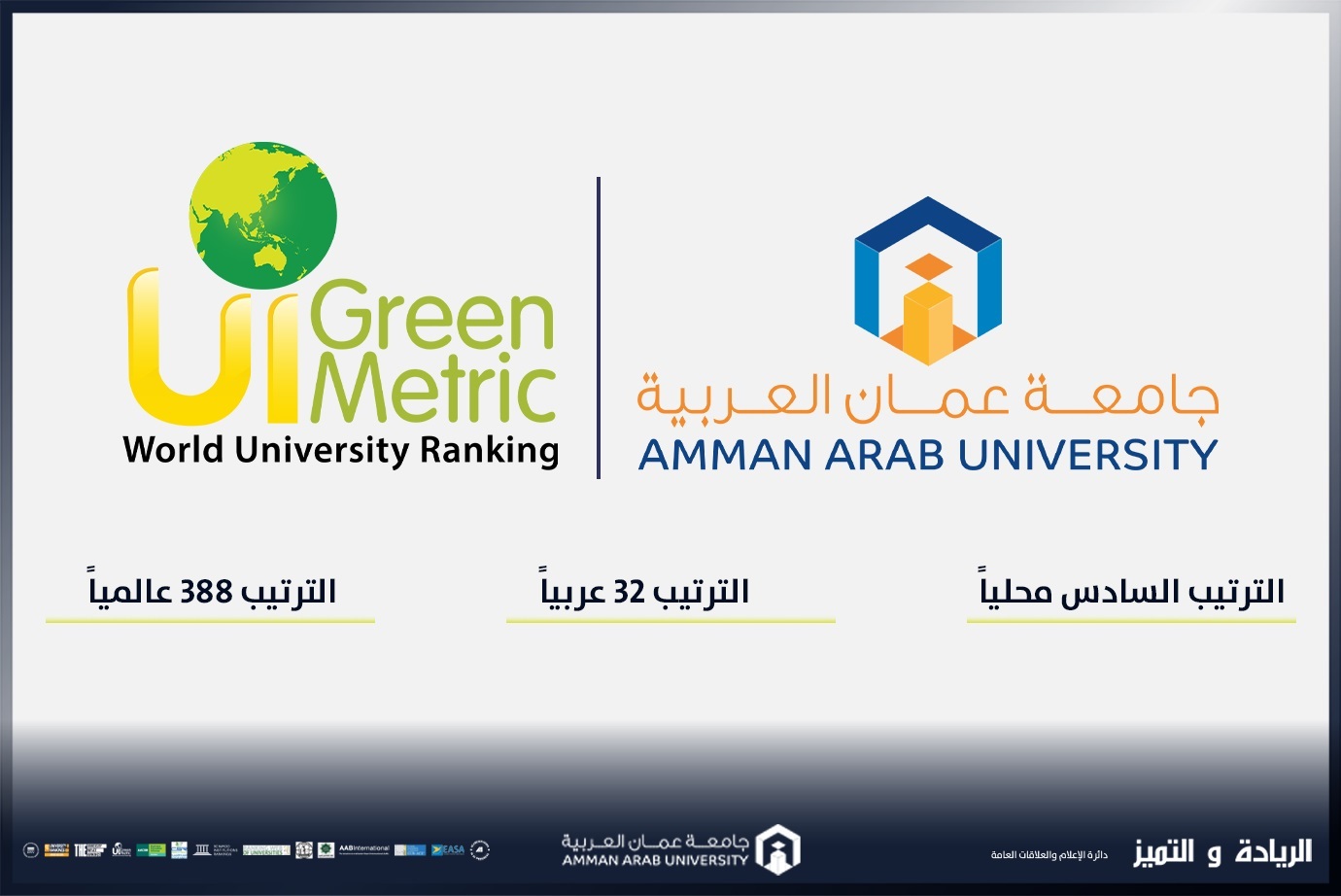Outside the Box: A Culture of Thinking By: Prof. Dr. Younes Megdadi
The term “outside the box” is still frequent on the tongues of thinkers and opinion makers as well as decision makers in different institutions from various sectors, and it has been found that this term is linked to a pattern of thinking that aims to think in unconventional ways as some described it, and some also described it as a method of adult thinking towards rationalizing and building an opinion or decision in a way of thinking characterized by deviation from the norm in terms of presenting data and analysis and linking between dimensions, conclusion, arrangement of options, and then reaching a decision.
Hence, we find this term has become one of the most common terms among those in the position of responsibility and decision-making in the first place, believing that the decision-making process is the result of in-depth thinking that cares about the smallest details and objectivity to enable them to translate their ideas and trends in the best way and with the best results in an effort to achieve the so-called specific decisions in order to get rid of the results of superficial patterns of thinking, which have proven to everyone that they are outdated and outdated patterns that do not reflect the professionalism and the institutional way of thinking. Those who examine the content of this term will find that it is closely related to management science and its various theories, especially theories specialized in leadership and strategic planning, which confirmed that the culture of thinking outside the box is one of the most important components of successful leadership represented in managing its work affairs, responsibilities and various decisions based on what these leaders enjoy from the foresight, wisdom and ability to analyze and diagnose, which in total form the main basis in the process of thinking outside the box to crystallize more attractive ideas by removing them and their purposes, and at the same time being consistent with the requirements and directions of governance, and the challenges and objectives of the institutional reality, to get out of the dilemma of many risks, and to move towards success and institutional excellence in the end. Many specialists in the field of leadership management, and in particular in decision-making, believe that activating the culture of thinking outside the box and institutionally in the depth of career life and at various levels, as it requires the governance of institutions to be sure in activating the foundations of selection for leadership positions, as it is the real key to saving or reviving the general situation for the institutions with their broad thinking and aiming to achieve a qualitative leap in which the character of excellence and competitiveness in all their inputs and outputs, taking care to stay away from administrative leaders with sterile ideas, and immersed in the vagaries of career life, which will consequently form a traditional leadership style that does not rise to the level of the desired institutional ambition, but rather this will contribute to perpetuating underdevelopment undesirable intellectual outcomes and results will be inevitable far from the reasons for success and aspiration towards institutional excellence due to the absence of a culture of thinking outside the box, which has often become a rare currency in light of the intellectual blindness prevalent in many traditional institutions.
If we look closely at the reasons for the success and excellence of institutions locally and globally, we will find that the culture of thinking outside the box for the leaders of these institutions was the main reason for highlighting their identity and reputation, which has become on the tongues of far and wide, not to mention the achievements of this institutional genius in taking over the joints of local and global competitiveness. Changing the culture of institutional thinking for administrative leaders has become a basic requirement for those who wish to get out of the quagmire of superficial thinking with its reactionary secretions and move towards thinking outside the box to touch qualitative and fateful trends in light of the transformations and challenges surrounding institutions and in various sectors, which imposed themselves on the way of thinking of administrative leaders at various levels As the real keys to correcting all paths, starting from their ways of thinking and ideas to translate them into practice and drop them on all aspects of institutional life to lead the helm of the distinguished strategic construction and looking forward to a better future dominated by giving and qualitative achievements as a strategic option and there is no alternative to it. Our world today, for decades, has witnessed a number of challenges, which many of us believe have become fateful shocks that make it difficult for decision-makers and their intellectual culture to deal with the results of these challenges within appropriate therapeutic prescriptions. Hence, we see that the appropriate treatments for this important dilemma lie in a comprehensive review of the culture of the prevailing institutions, and the consolidation of a culture of thinking outside the box for administrative leaders at various levels, which is the key to change through ways of thinking and presenting ideas, options and solutions to address the possible challenges and problems that hinder their work, and moving away on superficial ideas that indicate short-sightedness, jurisprudence and sterile personal interactions, and evaluate the performance, thought and achievements of administrative leaders according to qualitative standards and not on what is common or circulated, and measuring levels or rates of change and improvement in tools and results, and measuring the level and effectiveness of added values in terms of qualitative content and their repercussions on institutional performance, and consolidating a culture of administrative creativity based on participatory opinion and the presentation of creative ideas.
Accordingly, we believe that there is a great opportunity to solidify the culture of thinking outside the box to get out of the bottleneck towards positive change mixed with the aspiration for a better future.







